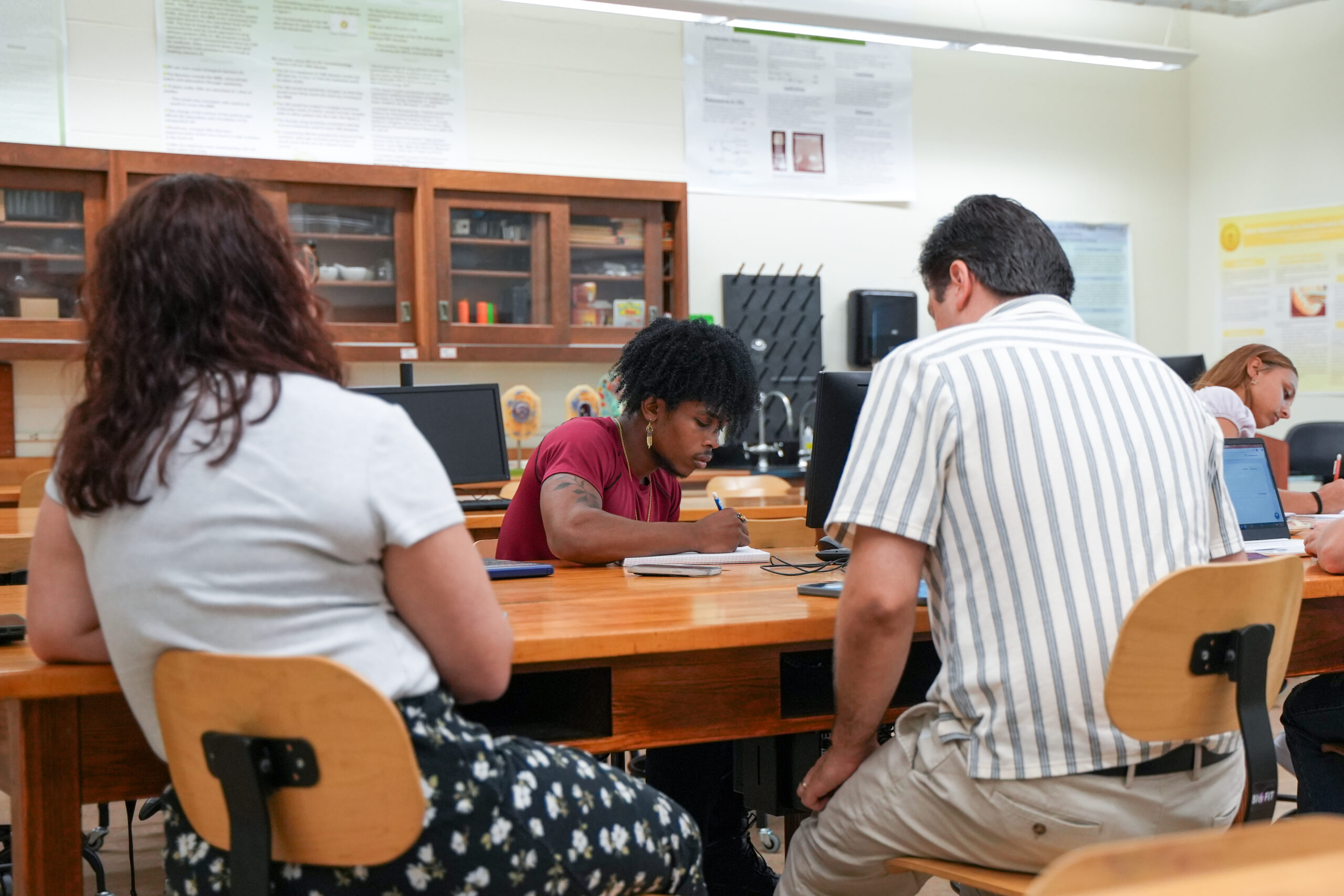New apprenticeship and competency-based programs aim to make licensure faster, more affordable

Mary Baldwin University (MBU) is expanding partnerships across Virginia to address one of the state’s most urgent challenges: a growing teacher shortage. By working with more than 40 school divisions and several community colleges, MBU is creating affordable and accessible pathways for aspiring and current educators to earn full licensure. Students who work in partner districts or transfer from community colleges also receive nearly a 50% discount on tuition, lowering barriers to the profession.
Building pathways for future teachers
MBU’s School of Education has launched multiple initiatives designed to strengthen the pipeline of qualified teachers. Programs support classroom aides, provisionally licensed teachers, and even high school students on the path to becoming fully licensed educators.
Among the highlights:
- Apprenticeships in action: Eleven classroom aides from six districts are completing bachelor’s degrees in special education through the State Apprenticeship Expansion Formula (SAEF) grant. In Newport News, four apprentices will graduate this spring with classroom experience already under their belts.
- Future Educators Academy: Virginia high school students can earn an associate degree before graduation, then transfer to MBU with scholarships to complete a bachelor’s degree.
- Grow Your Own initiatives: Pre-apprenticeship and para-professional programs help school divisions support staff who want to become licensed teachers.
A faster route for provisionally licensed teachers
This fall, MBU introduced Competency-Based Credit (CBC) courses, which award credit for the real-world skills provisionally licensed teachers are already demonstrating in classrooms. The approach reduces both the time and cost of completing licensure. School leaders across Virginia have praised the model as a meaningful step in retaining educators who might otherwise leave the profession.
Continuing a tradition of excellence in special education
Special education has long been at the heart of MBU’s teacher preparation programs. Alumni frequently point to the university’s supportive faculty and hands-on training as critical to their classroom success. The new partnerships build on this legacy, expanding opportunities for educators and ensuring students across Virginia benefit from highly qualified teachers.
What MBU says
“Mary Baldwin has always been dedicated to training excellent teachers,” said Dr. Pamela Bailey, associate dean and director of the School of Education. “By working directly with school districts, we’re making sure every community has access to strong educators who are ready to lead.”
What comes next
The university plans to keep growing its apprenticeship and competency-based programs, working with additional school divisions across Virginia. Leaders hope these efforts will not only help fill classrooms but also create sustainable career pathways for educators for years to come.